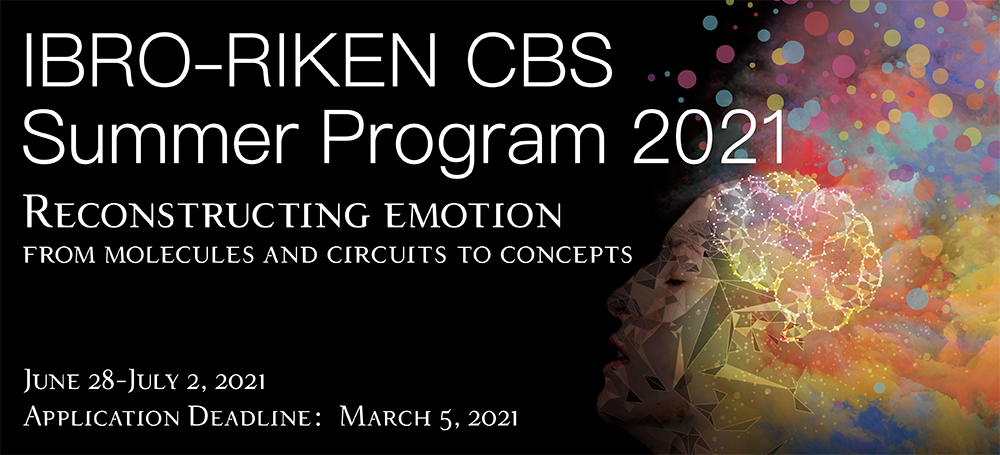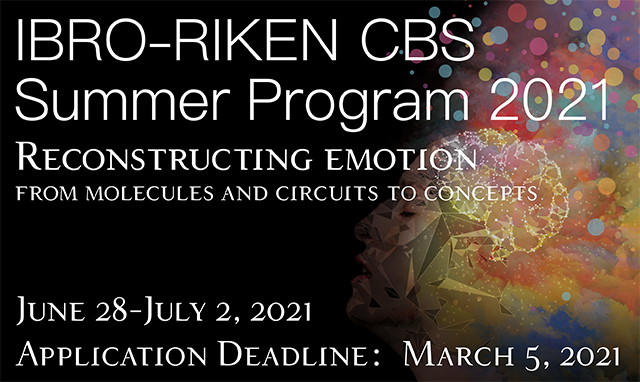

Lec 9. From real problems to beast machines: the somatic basis of selfhood
Lecturer
Date/Time
June 30, 2021 4:00pm-5:20pm
Abstract
At the foundation of human conscious experience lie basic embodied experiences of selfhood – experiences of simply ‘being alive’. In this talk, I will make the case that this central feature of human existence is underpinned by predictive regulation of the interior of the body, using the framework of predictive processing, or active inference. I start by showing how conscious experiences of the world around us can be understood in terms of perceptual predictions, drawing on examples from psychophysics and virtual reality. Then, turning the lens inwards, we will see how the experience of being an ‘embodied self’ rests on control-oriented predictive (allostatic) regulation of the body’s physiological condition. This approach implies a deep connection between mind and life, and provides a new way to understand the subjective nature of consciousness as emerging from systems that care intrinsically about their own existence. Contrary to the old doctrine of Descartes, we are conscious because we are beast machines.
References
- Hohwy, J., and Seth, A.K. (2020). Predictive processing as a systematic basis for identifying the neural correlates of consciousness. Philosophy and the Mind Sciences. 1(2):3.
- Seth, A.K. and Tsakiris, M. (2018). Being a beast machine: The somatic basis of conscious selfhood. Trends in Cognitive Sciences. 22(11):969-981
- Seth, A.K. (2013). Interoceptive inference, emotion, and the embodied self. Trends in Cognitive Sciences 17(11):656-663



